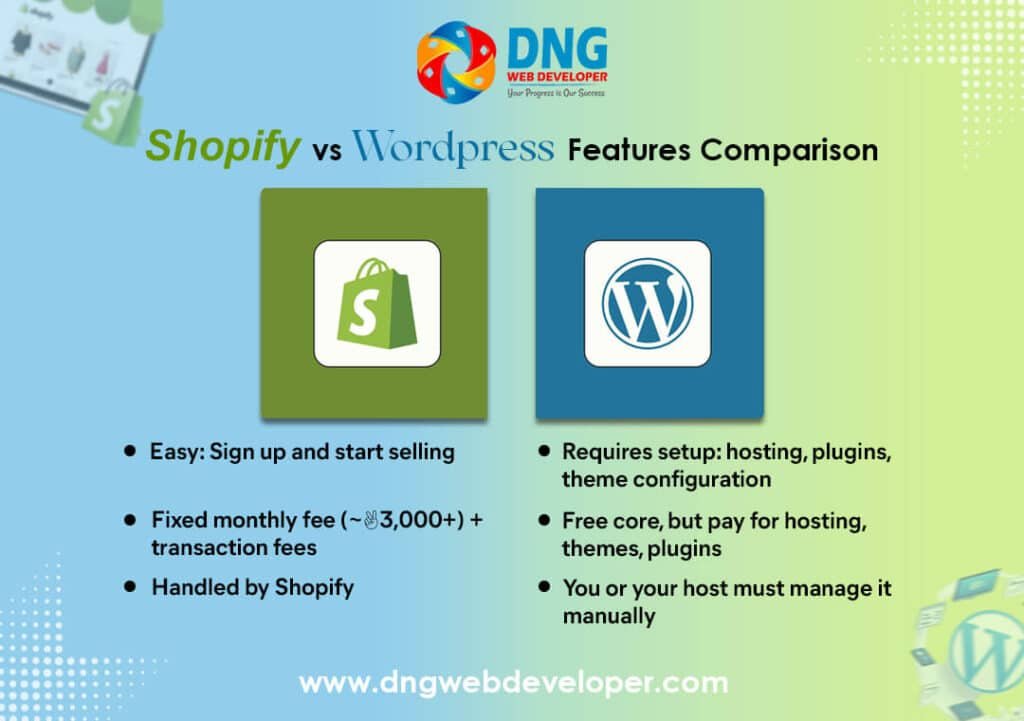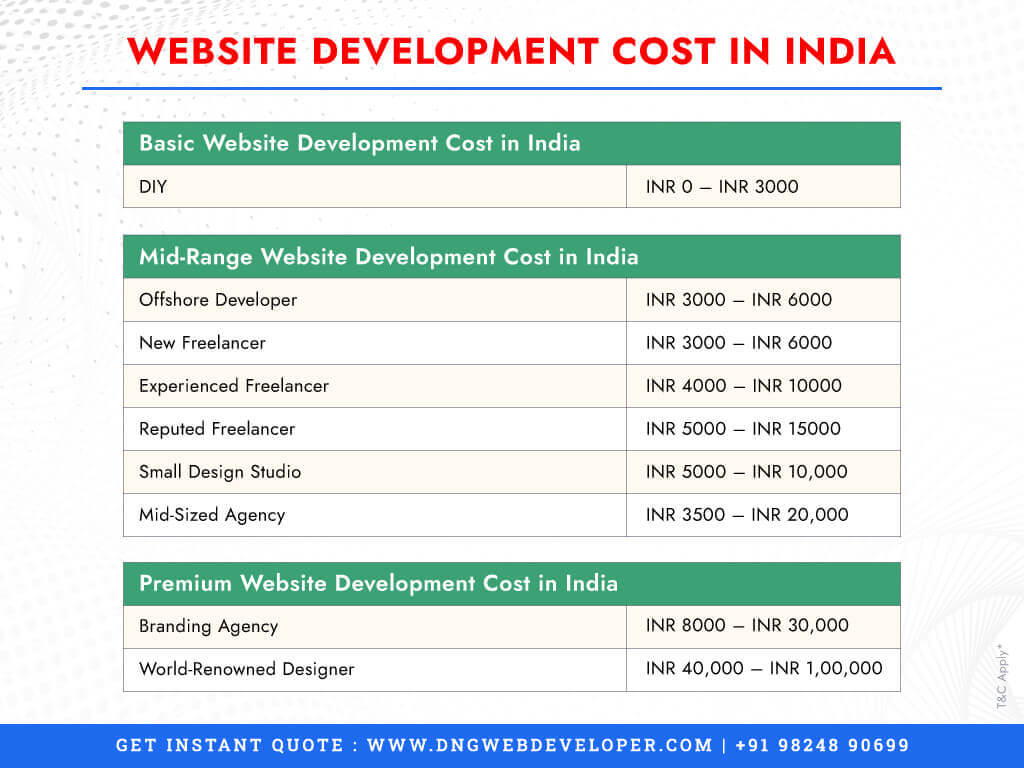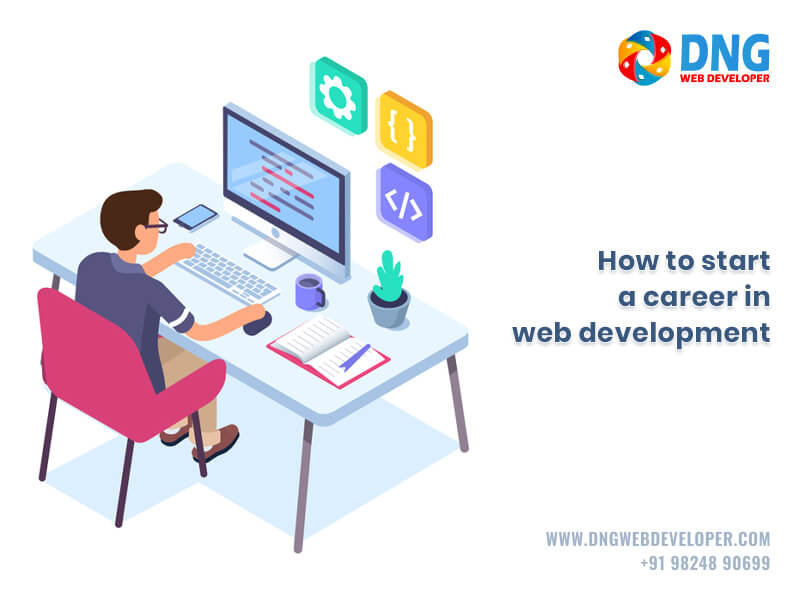Let’s face it, launching an internet business can be a confusing process. Selecting the best platform to build your store on is just one more thing to consider in addition to products, shipping, and marketing. And Shopify and WordPress are the two names you’ll hear the most when it comes to creating that online store.
Both are well-liked. They are both strong. Under the hood, however, they differ greatly as well. One is similar to renting a fully equipped store: tidy, efficient, and reliable. The alternative is more flexible but comes with greater responsibility, much like purchasing land and starting from scratch to build your own store.
So, how do you choose what’s best for you?

The Basics of Shopify and WordPress: What Are We analyzing?
Let’s define the situation:
- Shopify is an all-in-one eCommerce platform that is fully hosted. They take care of the rest, including hosting, security, and backend tasks, for a monthly fee. You simply create your store, stock it with goods, and start making sales.
- WordPress is a content management system (more especially, the open-source WordPress.org version, not the .com one). It isn’t an eCommerce platform on its own. However, it becomes a strong, adaptable online store when combined with the free plugin WooCommerce.
Let’s now explore the specifics that are crucial when managing a business.
Getting Started: Usability – Shopify vs WordPress
This is where Shopify excels. It is designed for those who wish to begin selling without a technical handbook. After registering, you select a template, add your belongings, and you’re ready to go. Neither hosting nor plugin installation are a concern.
WordPress, however, requires a little more work. To get started, you’ll need a domain, web hosting, WordPress, a theme, and the WooCommerce plugin. Possible? Absolutely. It’s more practical, though.
Shopify is a simpler option if you’re not very tech-savvy or simply want to launch quickly. However, WordPress gives you the freedom and tools to build things the way you want if that’s your preference.
How Much Can You Adjust in Design and Customization?
Shopify offers slick, sales-oriented themes, some of which are free and many of which are paid. Colors, fonts, and layouts can all be altered, but only to a certain extent. You’ll most likely need a developer for anything more complex, such as adding non-standard features or altering how your checkout operates.
WordPress? It’s a blank canvas. Do you want your homepage to resemble the cover of a magazine? Or a landing page that resembles the website of Apple? If you know how or can hire someone who does, you can succeed. You can add almost any feature you can think of thanks to the thousands of themes and plugins available.
Therefore, Shopify is a good option if you want a store that functions well and looks good enough. However, WordPress is the place to go if your idea is a bit more intricate or imaginative.
What Are the Capabilities of Each Platform for Selling Tools?
- Shopify was created with sales in mind. It includes a wealth of tools to manage:
- Product variations
- Inventory
- Coupons and discounts
- Recovery of abandoned carts
- Shipping costs and labels
- Multichannel selling (Facebook, Instagram, Amazon).
Everything is integrated. It’s elegant, straightforward, and efficient, much like a Swiss Army knife for internet retailers.
All of this is also possible with WordPress + WooCommerce, although the majority of the features are available as separate plugins. Do you require improved product filters? A plugin is available. Do you want a personalized checkout? A plugin is available. It may require additional steps to locate and install, but you can get all the same power – and more.
Plug-and-play is how Shopify operates. WordPress is plug-and-build. Decide how much tinkering you’re willing to do.
Who Helps You Rank Higher with SEO and Blogging?
WordPress is the best option if your marketing strategy includes content, such as blogs, how-to guides, or lengthy pages. It was initially designed as a blogging tool and continues to be excellent. You can precisely manage everything from sitemaps to keywords with plugins like Yoast SEO or Rank Math.
Shopify also takes care of the fundamentals, including mobile-friendly design, alt text, custom URLs, and even some SEO-boosting apps. However, you won’t have the same level of control or depth as with WordPress.
WordPress offers you additional options if Google traffic is a key component of your strategy.
How Much Will Payment and Fees Cost You?
Pricing on Shopify is simple. All you have to do is pay a monthly fee, which starts at about $39. The catch is that payment processors other than Shopify Payments take a tiny percentage of every transaction.
WordPress is free in and of itself. However, you will have to pay for:
- A domain
- Premium themes or plugins (optional)
- Hosting (anywhere between ₹200 and ₹1000+ per month)
- Developer assistance, if required
Depending on what you add, WordPress can become more or less expensive over time. Although Shopify’s prices are fixed, they may increase if you require premium apps or add-ons.
Who is responsible for maintenance and security?
Shopify takes care of everything, including backups, PCI compliance, security patches, and updates. You don’t need to consider it.
You are in control when using WordPress. You (or your host) must maintain security, handle backups, and update plugins. You fix things when they break. You determine the cause if your website lags.
It’s the compromise between convenience and control.
Support: Who Offers Assistance When Things Go Wrong?
Shopify offers round-the-clock phone, chat, and email support. Someone will walk you through it if something breaks.
Despite having a sizable community, WordPress lacks a central support staff. Help can be found on YouTube, in forums, or even from the plugin developer (if they reply).
Shopify is a safer option if you don’t want to feel isolated when something goes wrong.
Which Is More Effective?
The fact is that there isn’t a single victor. For you, there’s simply the better option.
Choose Shopify
- if you want to start selling quickly,
- don’t want to fumble with hosting or tech setup,
- want security, backups,
- and updates to ease your mind,
- and would rather have support available when you need it.
Choose WordPress (with WooCommerce)
- if you want complete control over the appearance and functionality of your website;
- you want to concentrate on SEO and content;
- you don’t mind doing some do-it-yourself work or hiring a freelancer;
- and you intend to make long-term changes.
Final Thoughts
Starting an online store is a big step, and picking the best platform has nothing to do with power. It’s about which one makes sense for where you are in your journey.
Shopify is for you if all you want to do is get out there, start selling, and let the platform take care of the rest. WordPress is your canvas if you’re more of a builder or if you want to make something that has personality and long-term flexibility.
Whichever option you decide on, keep in mind that a great store is about the narrative you create on it, not just the platform.
Do you want to Build a website for your business then DNG WEB DEVELOPER can help you with the both Shopify or WordPress. We are Leading Web Development Company in Ahmedabad wo offers all types of website development services ahmedabad.


